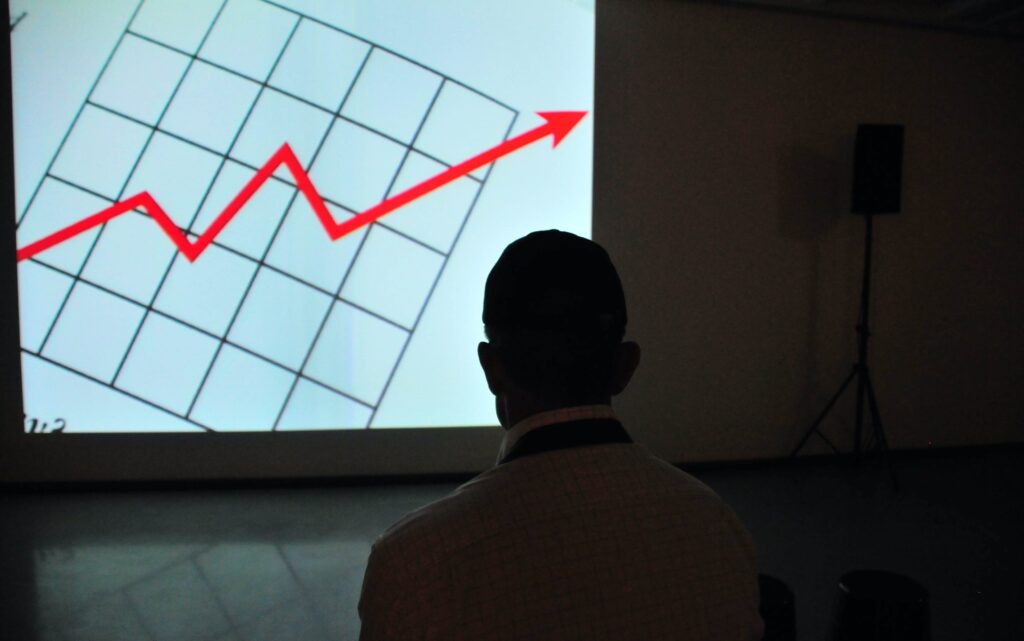The future for Estonia’s start-up scene is exceptionally bright, according to speakers at sTARTUp Day 2021, a three-day start-up community event held in the city of Tartu. They noted that the Baltic nation has made strides in the development of fledgling technology companies, fuelling them with capital from the first generation of success stories, such as video calling platform Skype and gambling software developer Playtech.
By some metrics, Estonia has a greater number of billion-dollar companies per capita than any other nation in the world. Currently, it has seven with a population of only 1.3 million people. During a sTARTUp Day 2021 panel discussion, this unlikely triumph was put down to a set of elements.
One of these was a government drive in 1996 that ensured computers and the internet would be available in every school in the country, accelerating Estonian computer literacy more rapidly than many of its European neighbours. Another was the completion of an e-government platform in 2000. The cutting-edge e-portal catered to virtually every public service need or data request.
Another interesting contributor to the country’s development could have simply been its geography. In 2007, Estonia was targeted by the world’s first large-scale cyber-attack. Attributed to Russia, the episode forced Estonians to take cybersecurity seriously. The looming, ill-behaved neighbour inadvertently catalysed a depth of expertise, leading to greater technical development in Estonian computing.
One milestone, however, stands out above all else:
“When eBay bought Skype in 2005, it made four of the local founders very rich,” explained panel moderator Toomas Prangli, a partner at Sorainen law firm. Instead of retiring, the Estonian founders reinvested their money back into the local start-up community. The result was the so-called Estonia Mafia, which later developed into the Estonian Founders Society (EFS), he explained.

Fast-forward just a few years, the country’s technology scene looks very different. According to EFS, Estonia is leading the growth trend of founding tech start-ups in Europe. For the last 5 years, the Estonian start-up sector has grown 30% year-on-year, whether measured by revenues, the number of jobs created, or fundraising totals.
Employing 1% of the population, the tiny industry makes up 3% of the national economy. Understandably, it is not footballers, but the unicorn founders that are seen as the nation’s heroes, Prangli noted.
Critical mass
Ten years ago, the people steering Estonia’s start-up growth concluded that the first step was to use investment capital to generate more and more companies. The goal was to create a critical mass of start-ups, explained Eve Peeterson, head of the government initiative Startup Estonia.
“We all know that what makes a good start-up ecosystem is to have talent, to have capital, and to have a strong community — and if you add to that data and a systematic approach — then you have things coming to life,” she explained.
Now that Estonia has the critical mass of more than 1000 tech companies, industry stewards want to shift focus, Peeterson noted. The existing software-heavy community will continue to receive support, but organisers aim for greater development of hardware and deep tech companies, along with the infrastructure necessary for these industries to succeed, she said.
The question has become how much real value is being created by the start-up community, and where can new value be found. The emphasis is moving towards quality over quantity, she explained.

Faith in the numbers
“This year we were raising €1 billion of capital per year, and even more so, this tiny little start-up scene is bringing €1 billion in revenues,” explained Sten Tamkivi, a serial investor and former executive at Skype.
Noting that the start-up scene already represents a larger portion of the Estonian economy than the local agriculture industry, Tamkivi said that he expects substantial development to come.
From the roughly 6000 people working in Estonia’s start-up scene today, there could be more than ten times that number ten years from now, if the trends continue, he said. “From the 3% of GDP today, tech will make up around one-third of the Estonian economy,” he emphasised.
The story was largely positive. Tamkivi noted, however, that for 20 years the Estonian government had been an understanding and communicative partner, but the relationship had become more complicated. Over the past 2 years, friction has arisen over the entry of foreign talent into Estonia, he explained.

Shaping the future
The impact that governments can have on the industry, both good and bad — is difficult to overstate.
“Laws need to be created that ensure that it is easy to incorporate a company, find capital for that company, and offer shares for that company,” explained Antti Perli, a venture capital lawyer with the Baltic law firm Ellex.
Perli highlighted the realisation of Estonia’s E-residency initiative through which foreigners can incorporate Estonian companies remotely, even from overseas. Estonia is the first country to offer this kind of arrangement.
The government-issued digital identity and status provide access to the Estonian business environment, allowing E-resident entrepreneurs from anywhere in the world to open an EU-based company entirely online. Almost one-third of Estonia’s start-ups are run by E-residents, according to Startup Estonia. The initiative has significantly contributed to Estonian start-up success.
The Estonian government considers its employment regulations to be highly competitive, despite the calls from start-up industry insiders to the contrary, explained Sten Andreas Ehrlich, the deputy secretary-general on labour and employment policy.
Future working practices, such as remote work, flexible schedules, and value-based compensation, are likely to create interesting challenges for regulators, Ehrlich said. That is why on policy decisions the government will remain open to dialogue with the industry, he added.



